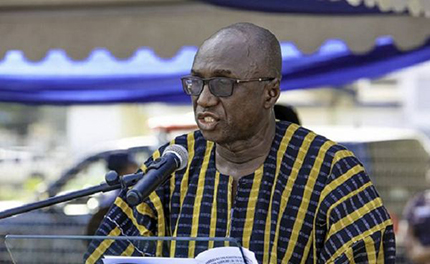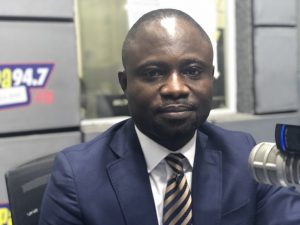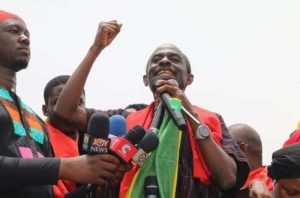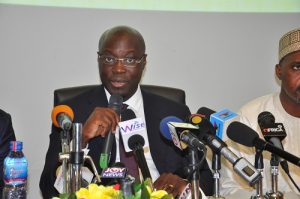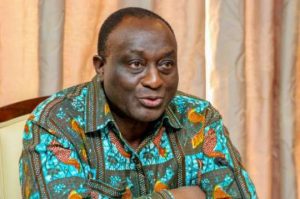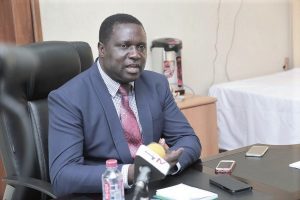The Minister of Interior, Ambrose Dery, has said the government is capable of managing the country’s economy, adding that the global COVID-19 pandemic has caused many economies around the world to struggle.
He said that the 20% cut in expenditure by all government agencies and ministries is an indication that the government is determined to improve the economic situation.
According to him, the country does not need assistance from the International Monetary Fund (IMF) to manage the economy.
“We’ve cut 20% budget across the board. Why do we do that? Because we want to let the country know that we are a government that is capable of managing the economy. We don’t need IMF to tell us to cut what we should cut,” Dery spoke to Beatrice Adu on The Big Bulletin on Wednesday.
“We’ve cut it [budget allocations] and we are still surviving. The economic hardship, I will say should be put in context; it’s a global challenge. Even now, look at the prices of petroleum products on the world market going higher every day; but have we given up? No, we haven’t,” Dery added.
We’re committed to 20% expenditure cut
The government as part of a prudent fiscal consolidation move said it is committed to cutting down expenditure across the board by 20%.
The Minister for Finance, Ken Ofori-Atta who said this during a government town hall meeting in Tamale on Thursday (10 February), said the government’s decision to rationalize expenditure by some 20% is to decisively strengthen fiscal consolidation of the 2022 budget to address critical concerns of the economy, create jobs for the youth, obtain a positive primary balance and stabilize the debt.
He said the decision is in accordance with the Public Management Act (PFMA) and will help strengthen expenditure management, bring the deficit back within the limit, make development sustainable and channel expenditure to critical sectors of the economy to increase growth and create jobs.
“We are committed like we have stated earlier to cut down public expenditure by 20%. This means that our fiscal consolidation agenda going forward is not going to be only revenue-led but also expenditure focused. And through the E-Levy, the government can rake in more revenue to invest in important sectors of the Ghanaian economy to the benefit of all,” Ofori-Atta said.
IMF will spell economic hardship for Ghana
Earlier, Issahaku Amidu Chinnia, deputy minister for sanitation and water resources reiterated that returning to the International Monetary Fund (IMF) for a bailout will spell economic doom for Ghana.
He said the over-reliance on international support for any form of economic bailout will worsen the country’s economic situation.
Speaking at the government’s town hall meeting on the E-Levy on Monday, Chinnia said “when you rely on international partners like the IMF, they control what you do and the end result is that they create hardship, your people suffer.”
“…But when you’re able to generate revenue within your country on your own, you’re not given parameters to which you operate. You operate the way you think will benefit the citizen”.
A choice to make
“And so, we have a choice to make, a choice to continue to rely on partners who will dictate how we’ll run our economy and so doing, will affect employment, will affect health, will affect everything. And a choice to increase revenue so that we can manage our economy in such a way that we don’t depend on them (international partners)”

